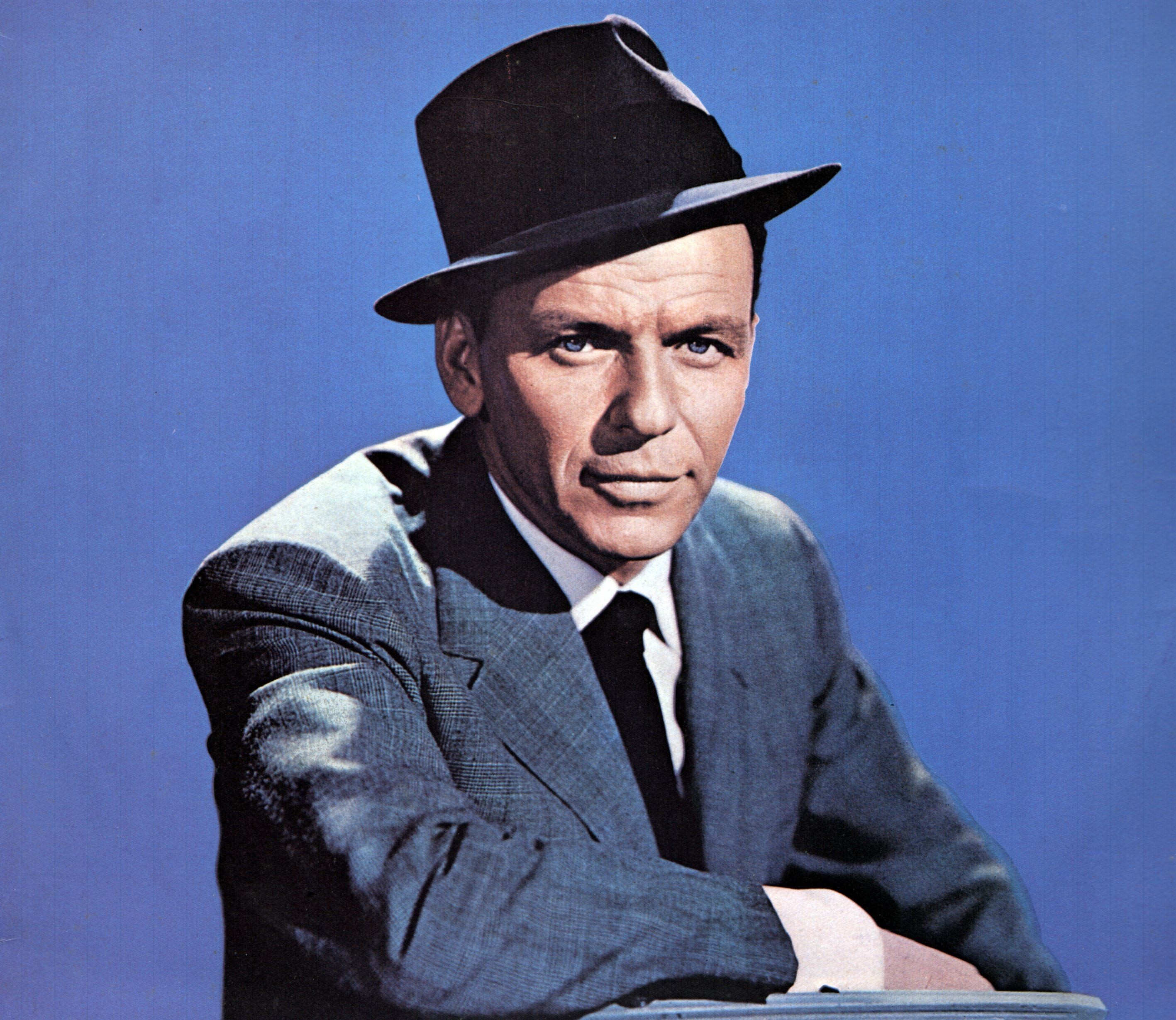
In the glittering but segregated world of 1950s Las Vegas, Frank Sinatra emerged as an unexpected champion of racial equality, using his star power to challenge discriminatory practices and transform Sin City's entertainment landscape.
Growing up in ethnically divided Hoboken, New Jersey, where Italians, Irish, Jews, and other groups frequently clashed, Sinatra witnessed firsthand the destructive nature of prejudice. Rather than perpetuating these divisions, he chose to break them down throughout his career.
As his influence grew, Sinatra took bold stands against racism in the entertainment industry. He demanded integrated orchestras at a time when mixed-race bands were controversial. He refused to perform at venues that discriminated against audiences based on race. When the prestigious Stork Club denied entry to African-American singer Lena Horne, Sinatra confronted management and wouldn't back down until they admitted her.
The formation of the Rat Pack in Las Vegas represented Sinatra's vision of an integrated America. The legendary group included Italian-Americans Frank Sinatra and Dean Martin, British Peter Lawford, African-American Sammy Davis Jr., and Jewish Joey Bishop - sending a powerful message about unity across racial and ethnic lines.
Behind the scenes, Sinatra fought tirelessly against Las Vegas's deeply entrenched segregation policies. He leveraged his contracts to demand equal treatment and accommodations for Black performers, who were often barred from staying in the same hotels where they entertained white audiences. His advocacy helped accelerate the desegregation of Las Vegas casinos and hotels throughout the 1950s and 60s.
Beyond Vegas, Sinatra put his money and influence behind the Civil Rights Movement, supporting Dr. Martin Luther King Jr. and headlining fundraisers for racial equality. His lifelong commitment to fighting discrimination earned him recognition from the NAACP.
In an era when speaking out against racism carried real professional risks, Frank Sinatra used his platform to champion integration and equal rights. His example shows how entertainment industry figures can harness their influence to challenge injustice and drive positive social change.